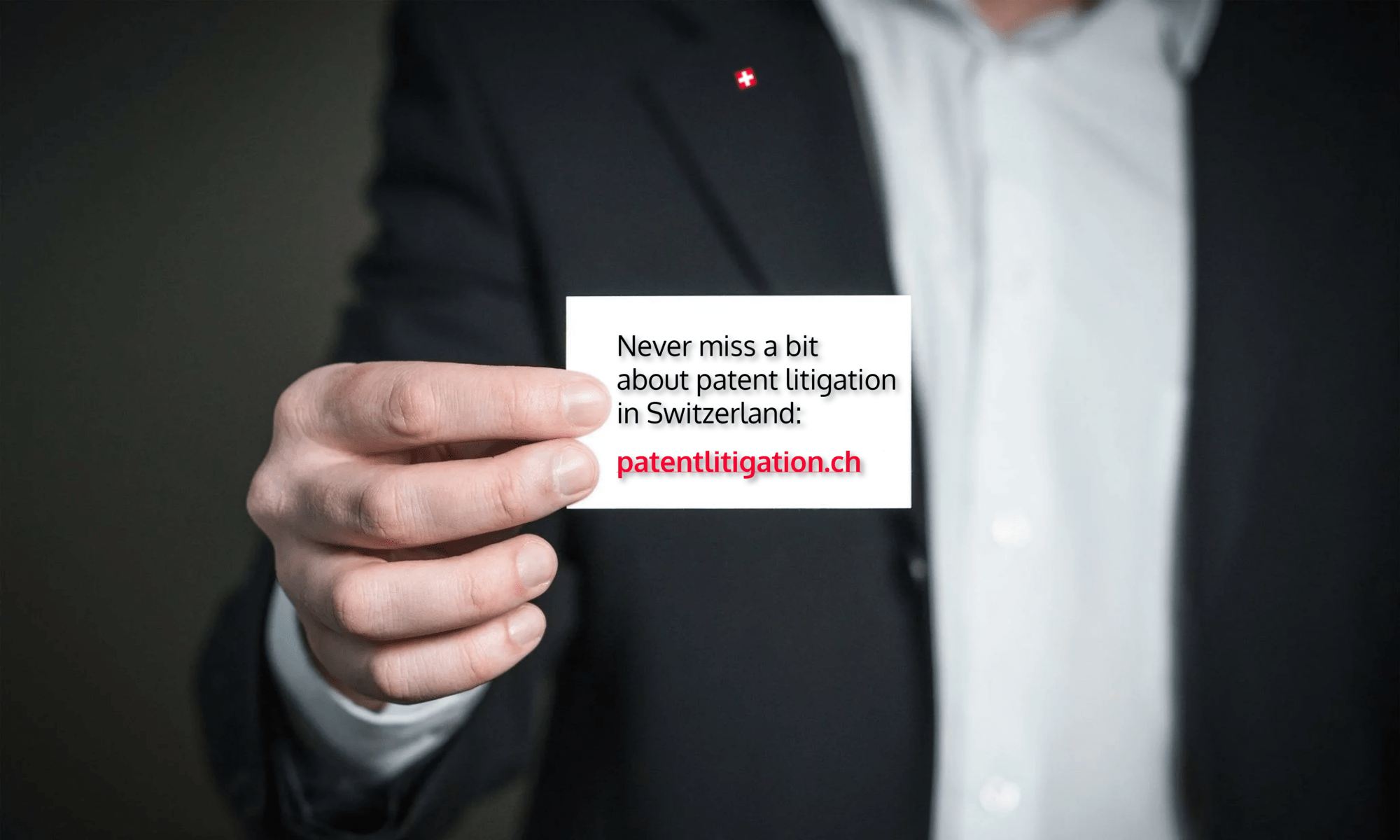It’s not only important for attorneys and patent attorneys, but also for courts like the FPC:
Know your clients!
Towards this end, the FPC has asked all professional representatives (attorneys-at-law and patent attorneys) who had been involved in proceedings since 1 January 2017 to complete a written questionnaire. This was actually already the second user satisfaction survey: The first one covered the start-up phase of the FPC from January 2012 until about April 2017; see this Blog here.
The new results have been published yesterday; see below for the English and German versions of the official report. Based on 194 questionnaires, the return rate in 2021 was 38% (2017: 189 questionnaires; 48% return rate).

(loud!)
The good news up-front (spoiler alert): More than 90% of the users are «pleased» or «very pleased» with the overall quality of the services provided by the FPC. There may surely be businesses that boast of even greater customer satisfaction. But in adversarial court proceedings at least one party is unsatisfied with the judgment on the merits, in most of the cases. Against this background, an overall satisfaction rate of > 90% is really outstanding.
Zufriedenheitsumfrage 2021: 90% der antwortenden Parteivertreter sind zufrieden oder sehr zufrieden mit der Qualität der Gesamtleistungen des Bundespatentgerichts; detaillierte Ergebnisse unter dem Link, https://t.co/zMGVd6MYwm pic.twitter.com/zWWiVADzX0
— Swiss Patent Court (@PatentCourt) December 9, 2021
The overall satisfaction rate cannot readily be compared with the previous survey, simply because that question had not been asked back in the days. But let’s have a closer look at some of the current numbers, compared to the last survey back in 2017 where that is possible.
Representatives’ appreciation of the total duration of main proceedings is almost identical (overwhelmingly considered «appropriate»):
Likewise, representatives’ appreciation of the time limits and time extension options in main proceedings is almost identical (overwhelmingly considered «appropriate», even slightly more than in 2017):
However, representatives’ appreciation of the total duration of summary proceedings has changed considerably. The share of «appropriate» votes increased by about 16% (76%, compared to 60% in 2017); the «too long» and «long-ish» votes went down accordingly:
Indeed, summary proceedings are relatively speedy proceedings, with typically only one exchange of briefs and tight case management. This is reflected by the representatives’ appreciation of the time limits and time extension options in summary proceedings. The share of «appropriate» votes increased by about 11% (83%, compared to 72% in 2017); the «too long» and «long-ish» votes are almost neglectable, while «too short» and «short-ish» votes are slightly on the rise:
The FPC also inquired again, in general terms, whether its judgments are considered clear and comprehensible. It appears that the users’ satisfaction with the FPC’s reasoning in judgments has significantly increased; a much higher share of highest level «applies» votes were casted:
Representatives were also asked whether oral proceedings by videoconference should be possible after the end of the Corona pandemic legislation, at least with the consent of both parties. That’s apparently a controversial issue; even though 49% of clear «applies» votes were casted, 38% of the votes were on the wider «does not apply» side of the spectrum:
Further, a clear majority is against conducting oral proceedings by videoconference against the will of a party (76%).
Finally, the FPC wanted to know whether the time needed by the judge-rapporteur to deliver the expert opinion was considered appropriate or on the (too) long side. More than 90% consider the timeliness «appropriate» in summary proceedings. A majority of 61% held that timeliness is «appropriate» in main proceedings, too. Accordingly, about 38% would like to receive the expert-opinion earlier in main proceedings.
Reported by Martin WILMING
—
USER SATISFACTION SURVEY RESULTS
–
—
BE ON THE KNOW



